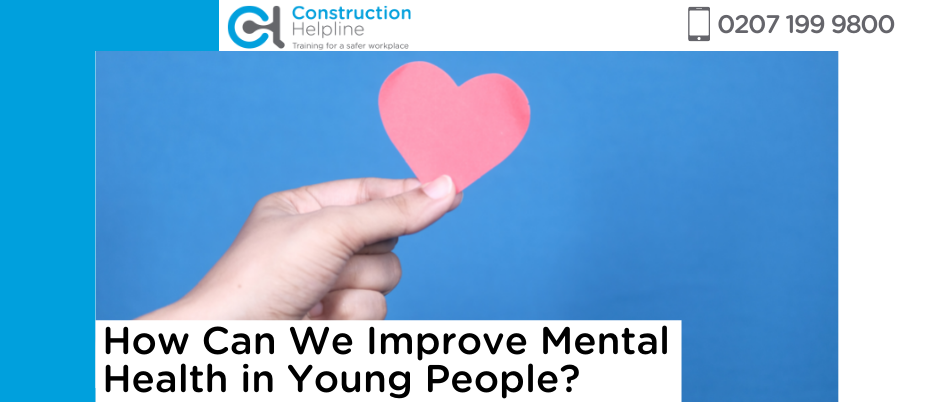How Can We Improve Mental Health in Young People?
When it comes to mental health, we often forget that children and teenagers can be affected just as much as adults. According to Young Minds, 1 in 6 children between the ages 5 and 16 had a probable mental health problem in July 2020. On top of that, less than 1 in 3 children and young people with a mental health issue can get access to NHS care and treatment.
Multiple factors can make young people vulnerable to mental health problems such as physical, emotional, and social changes, including exposure to poverty, abuse, or violence. Teenagers and especially children have no control over these kinds of factors. Therefore, it is important that adults and organisations take responsibility in improving the mental health and wellness of younger generations.
Covid-19 and mental health
The Covid-19 crisis was another blow to mental health, particularly for teenagers. In fact, 32% of young people agreed that Covid-19 had had made their mental health much worst.
Although many youngsters were in favour of schools shutting and lockdowns put in place, many reported increased anxieties, problems with sleep, panic attacks or more frequent urges to self-harm among those who already self-harmed.
Many school children also reported loss of their ‘safe’ place away from difficult or dangerous home environments. The pandemic had truly highlighted the importance of socialising, having a safe space and academic learning.
So how can we help younger generations?
Today, there are plenty of useful resources which can help mental health issues. Technology has been a huge driving force with managing mental health as well as providing advice and help. Apps such as Calm and Moodfit are perfect examples of how technology can create an accessible path to help and information.
It is true that technology and digital devices can distract us and make us depressed. However, they do also help us distribute knowledge, support, and create engagement in a previously unprecedented way.
Such technologies can enable young people to make progress in their health journeys from the comfort of home, serving as a readily available and highly effective way to seamlessly integrate emotional wellbeing into day-to-day life.
CHL and mental health
During the Easter holidays in 2022, we are launching the ‘Bring Your Teenager To Work’ scheme in partnership with BITA (British & Irish Trading Alliance). The scheme will encourage organisations to provide work experience opportunities for 14–18-year-olds. We believe that even just 1 day could make all the difference to a struggling teenager.
Teenagers were severely disadvantaged by the COVID-19 crisis. They missed out on educational learning, socialising with peers and conversations about careers and opportunities. In some cases, parents have seen a negative effect on their child’s mental health.
We have also recently introduced the Toolbox Talk in partnership with Lighthouse Club. This is a 45 minute session held in our Level 1 Health, Safety and Awareness course to help construction workers deal with any mental health issues they or a colleague may have. We hope to make a positive impact on workers within the built environment and improve health and wellbeing.


